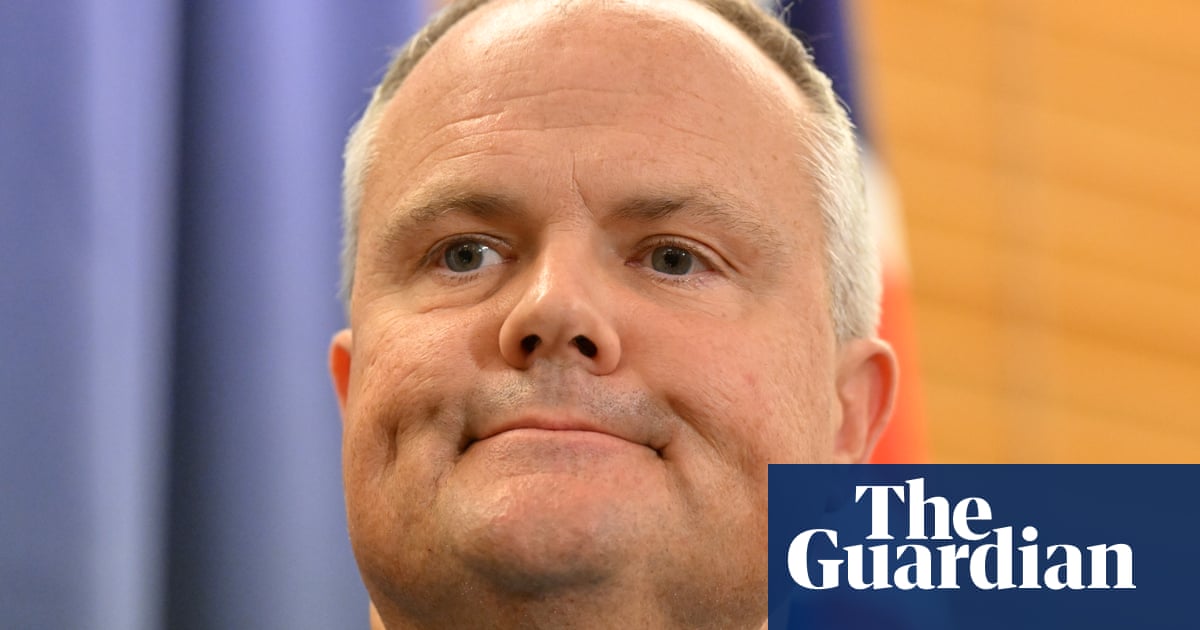Ted O’Brien says theLiberal partyneeds to expand to better reflect modern Australia, pledging to recruit more women and young people to help shape policy and stand for parliament.
As the Coalition begins the long road back from the 3 May election defeat underPeter Dutton, the new deputy party leader and his leader, Sussan Ley, face calls for formal quotas to help women take winnable seats, and for a major policy reset to better align with voters’ concerns.
The Fairfax MP and nuclear power advocate told Guardian Australia he would contribute to policy debate on energy supply, but stopped short of saying whether the Dutton-era plan for construction of seven reactors should remain policy for the next election, due around 2028.
“I absolutely believe that we need to see a bigger Liberal party which reflects modern Australia, and represents modern Australia, and that includes more women, not just running as parliamentarians but throughout the party,” O’Brien said.
“I’m saddened by the fact that we had 28 female candidates, that 28 women went to this election as Liberals who weren’t elected.”
Asked about Dutton labelling the ABC and Guardian Australia “hate media” in the days before the election, O’Brien promised a different approach.
Sign up for Guardian Australia’s breaking news email
“I don’t believe in prejudging any media outlet.
“I think that we need to be speaking to all Australians because the Liberal party represents all Australians, and different media outlets sometimes speak to different parts of Australia.”
TheCoalitionlooks set to be reduced to fewer than 45 seats, after Anthony Albanese defied expectations and dramatically increased Labor’s representation to at least 93 seats.
Ley and the Nationals leader, David Littleproud, have begun talks on a new Coalition agreement, but she is holding off on naming a frontbench or expressing views on policy specifics.
Elected by a vote of 29 to 25 over the shadow treasurer, Angus Taylor, Ley said she wanted to meet voters “where they are” and that the Liberal party needed to reset its offerings to Australians.
Sign up toAfternoon Update
Our Australian afternoon update breaks down the key stories of the day, telling you what’s happening and why it matters
after newsletter promotion
O’Brien – first elected to parliament in 2016 – worked for his family’s flour mill and the bakery firm Defiance, including across Asia, and has worked as a consultant. He and his wife have three children, including a 20-month-old. He founded the youth-focused non-profit Generation Innovation and is a former chair of the Australian Republican Movement.
He said he would bring a constructive and communicative leadership style.
“We’ve lost an election, we’ve been sent a big message, and the Liberal party is moving to a phase of rebuilding and I think Sussan is going to do a fantastic job as our leader.
“I’ve got a role to play in it, in trying to assist getting the team all working together and keeping us all united as we move forward.”
Senior party figures, including former minister Simon Birmingham and senators Maria Kovacic and Linda Reynolds, have called for the Coalition to adopt formal gender quotas to boost female representation.
Labor made similar moves in 1994 and now have gender parity in the caucus and Albanese’s second-term cabinet.
But O’Brien said he would not offer a view on any mechanisms to broadening diversity.
“The first step in the process is very much for us to be listening to the Australian community, looking at the data and the evidence so that we are genuinely being very humble about this,” he said.
A formal review of the Liberal loss is expected, probably led by party elders.
Alongside a debate about nuclear, some Nationals MPs want the opposition to dump its support for net zero by 2050.
O’Brien said he looked forward to speaking to voters across the country in his new role.
“I believe in old school politics. I believe in the street corner, the town hall, the footy club, and so when you’re old school like that, you don’t know who’s going to rock up and have a chat to you.”
